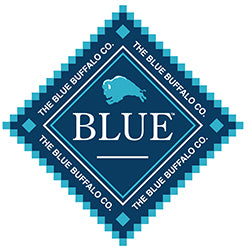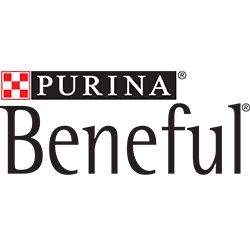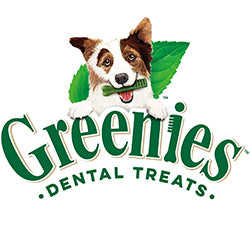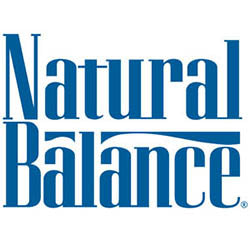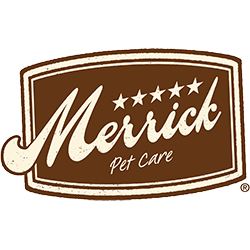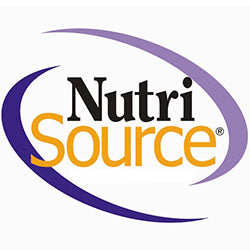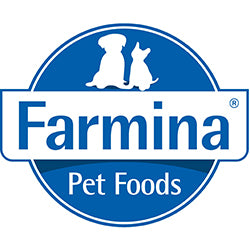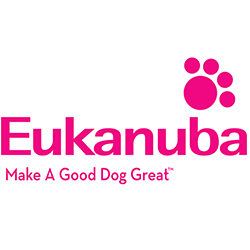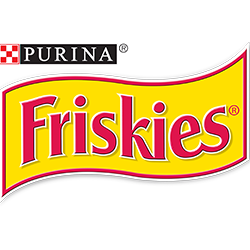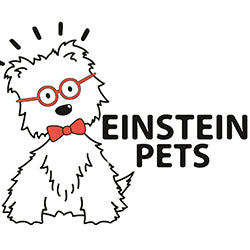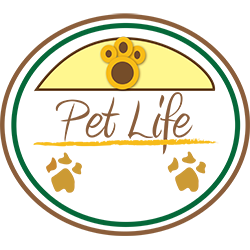
Understanding Pet Nutrition and Diet
Understanding pet nutrition and diet is crucial for pet owners who want to make sure their pets are healthy and happy. A balanced diet is essential for pets to maintain a healthy weight, strong bones, and a shiny coat. Here's what you need to know about pet nutrition and diet. A pet's diet should be based on its individual needs. Factors affecting a pet's diet include age, breed, weight, activity level, and health status. Here are some general guidelines for feeding your pet a healthy diet:
Understanding Pet Nutrition
Pet nutrition studies the nutrients required for pets to maintain optimal health. The six essential nutrients that pets need in their diet are:
- Water: Water is the most essential nutrient for pets. It is very helpful to regulate body temperature, transport nutrients, and eliminate waste. Ensure your pet has access to fresh, clean water at all times.
- Proteins: Proteins are the building blocks of cells and tissues in the body. They're important for the growth, repair, and maintaining a healthy immune system.
- Fats: Fats provide energy and are essential for absorbing certain vitamins. They also help to maintain healthy skin and a shiny coat.
- Carbohydrates: Carbohydrates provide energy and fiber. They're important for maintaining healthy digestion and bowel movements.
- Vitamins: Vitamins are important for maintaining overall health. They're involved in various bodily functions, including vision, bone growth, and immune function.
- Minerals: Minerals are important for maintaining healthy bones, teeth, and blood. They're also involved in various bodily functions, including muscle and nerve.
- High-Quality Food: Choose a high-quality pet food with a balanced mix of protein, fats, carbohydrates, vitamins, and minerals. Look for foods that list meat as the first pick of an ingredient, and avoid foods that contain fillers or by-products.
- Portion Control: Portion control is important for maintaining a healthy weight. Follow the feeding guidelines on the pet food packaging, and adjust how much you feed your pet based on their needs.
- Treats: Treats should be given in moderation. They can be a great way to reward your pet, but too many treats can lead to obesity and other health problems.
- Water: Ensure your pet has access to fresh, clean water. This is especially important for pets on a dry diet, as they need extra water to digest their food.
- Supplements: Talk to your veterinarian about whether your pet needs any supplements. Supplements can benefit pets with certain health conditions or homemade diets.
- Avoid Human Food: Human food can harm pets, even in small amounts. Avoid giving your pet table scraps or human food, which can lead to digestive problems and other health issues.
- Consider your pet's life stage: A pet's nutritional needs vary depending on age and life stage. For example, puppies and kittens require a different diet than adult pets, and senior pets may need a diet that supports their growing bodies. Be sure to choose a pet food appropriate for your pet's life stage.
- Look for AAFCO certification: The Association of American Feed Control Officials (AAFCO) sets rules for pet food nutrition. Look for pet foods certified by AAFCO to ensure that they meet the minimum nutritional requirements for your pet.
- Read the ingredient list: The ingredient list can tell you a lot about the quality of pet food. Look for whole food ingredients such as chicken, beef, and vegetables, and avoid foods that contain by-products or fillers.
- Consult with your veterinarian: Your veterinarian can help you choose a pet food that meets your pet's nutritional needs. They can also provide advice on portion control, treats, and supplements.
- Don't overfeed: Overfeeding can lead to obesity, a common problem in pets. Be sure to follow the feeding guidelines on pet food packaging and adjust how much you feed your pet based on their needs.
- Consider your pet's health conditions: Some pets may have health conditions that require a special diet. For example, pets with kidney disease may require a low-protein diet, while pets with allergies may need a diet free from certain ingredients. Talk to your veterinarian if you suspect your pet has a health condition that requires a special diet.
- Homemade diets: Homemade diets can be a good option for some pets, but ensuring the diet is balanced and meets all your pet's nutritional needs is important. Consult your veterinarian or a veterinary nutritionist before starting your pet on a homemade diet.
- By taking the time to understand your pet's nutritional needs and choosing a high-quality pet food that meets those needs, you can help ensure that your pet stays healthy and happy for years to come. Consult your veterinarian for any concerns or questions about your pet's nutrition and diet.
- Choosing a selection results in a full page refresh.

